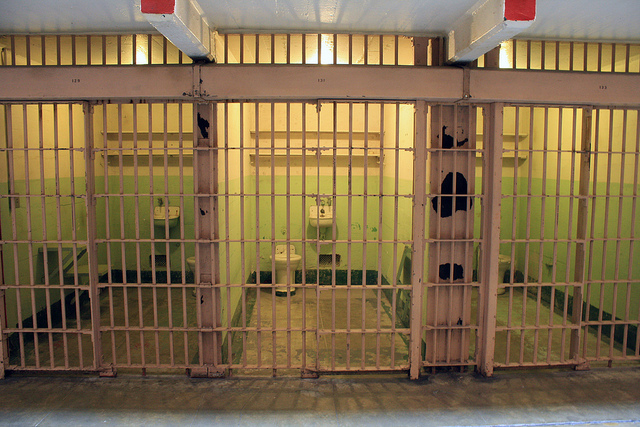
The Senate Judiciary Committee showed a unified front as it heard testimonies yesterday on of wide-ranging reforms to the nation’s prisons. The Sentencing Reform and Corrections Act (SRCA)—the subject of the hearing—aims to replicate the success of several red states by re-balancing old mandatory minimum sentences and re-focusing savings on prevention, treatment, and rehabilitation to keep non-violent criminals from committing more crimes.
Among the panelists supporting the measures were Deputy Attorney General Sally Yates, Justice Fellowship executive director Craig DeRoche, and former US Attorney Brett Tolman.
Ms. Yates made a strong case to focus prison spending on actually reducing crime rather than warehousing non-violent criminals for longer than necessary. She made the case that “we need an approach that is more carefully tailored, so we that we can focus our resources where they are needed most.” She also heavily emphasized the importance of punishing violent criminals with stronger mandatory minimums for violent crimes and reducing the numbers of repeat offenders in SRCA as important steps forward.
Mr. Tolman, meanwhile, praised the bill for its projected benefits to public safety due to “those states which have applied a similar regime have found, this will increase public safety while saving taxpayers money.” The success found in conservative states, most notably Texas, which saved taxpayers at least $3 billion and has its lowest crime rates since 1968, are a key reason for conservative support of these reforms.
The only two witnesses critical of the proposal were Steven Cook, president of the National Association of Assistant United States Attorneys and Heather Mac Donald, contributing fellow at the City Journal.
Mr. Cook defended the status quo by arguing that “the approach [to crime] worked. By 1991, as increasing numbers of criminals went to prison, the crime trend was reversed and crime rates actually began to drop.” However, a growing body of research is showing that this is not the case. In fact, as practical experience has shown, conservative reforms actually lower both crime rates and imprisonment faster than states with no reforms.
The federal budget currently spends $80 billion to maintain its prisons, making up 25% of the Department of Justice’s budget. This is after growing by 600% since 1980. SRCA aims to grapple balancing public safety with effective budget usage. Instead of “arresting their way out” of the problem and creating more pressure on the prison systems, the SRCA makes smarter sentencing a reality and provides a way for federal resources to actually enhance public safety.

